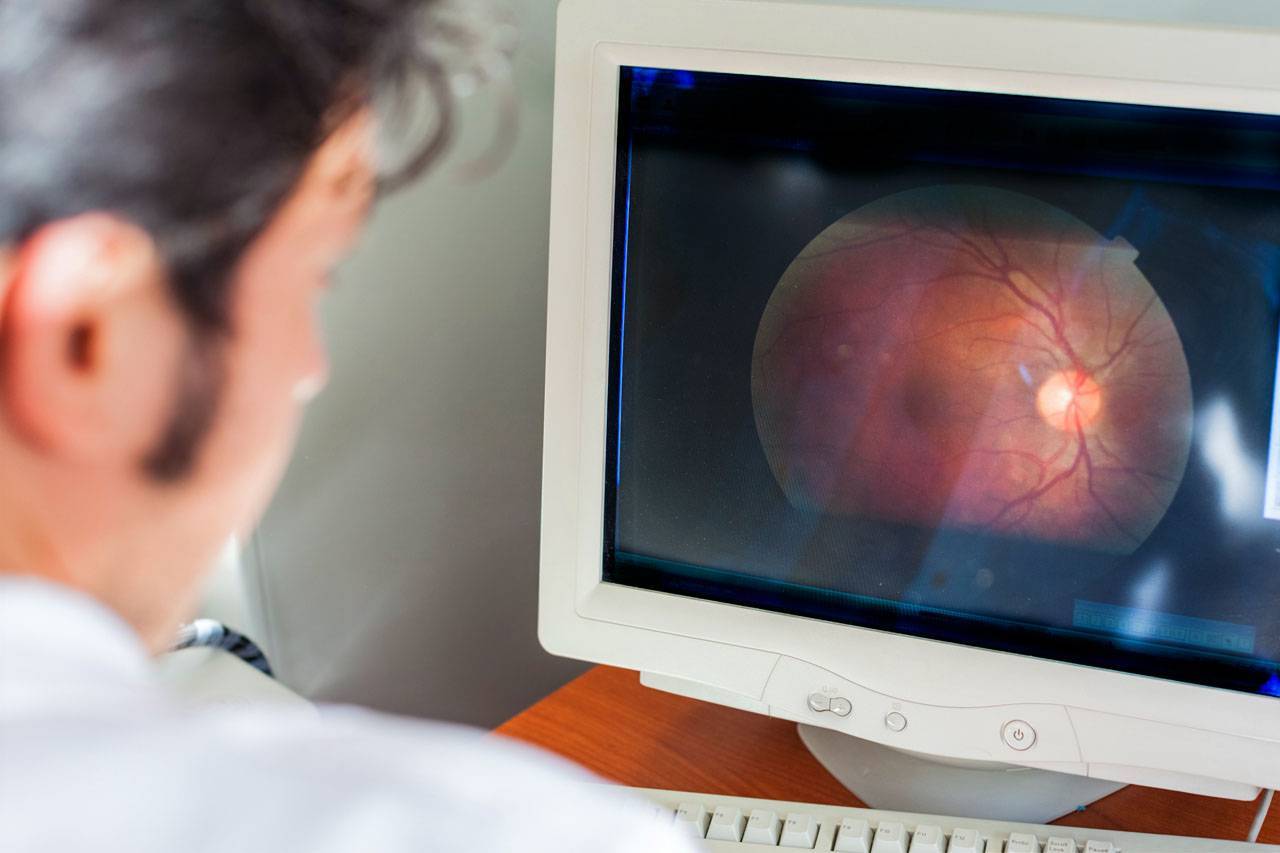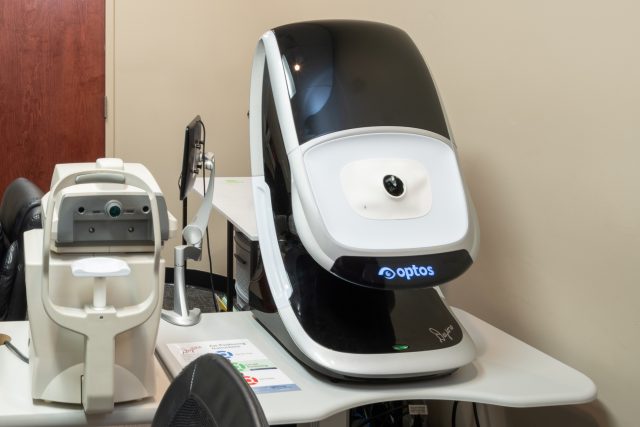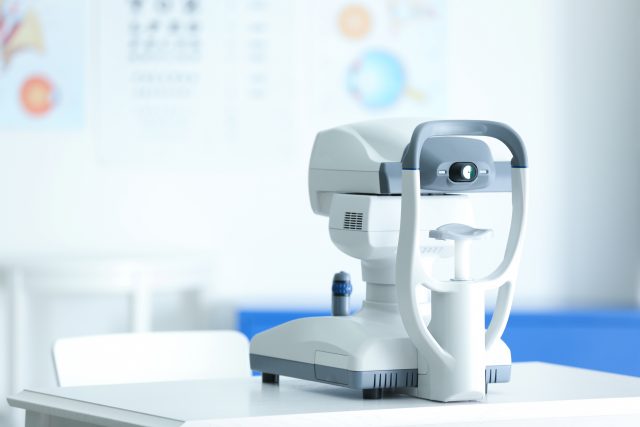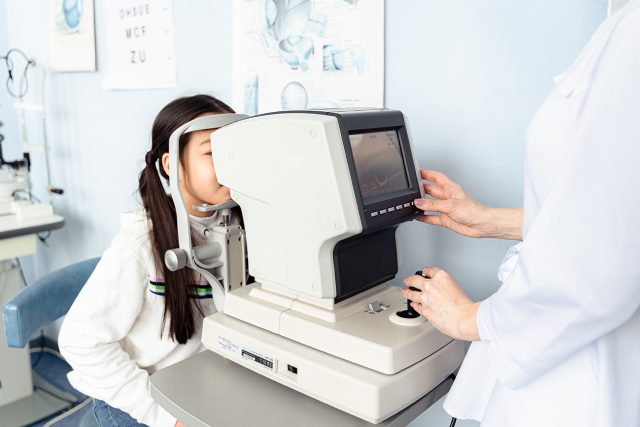See Clearly, Live Fully: With Digital Retinal Imaging at Advanced Eye Care Center P.S.C.
Digital retinal imaging is a non-invasive procedure that uses a camera to take high-resolution images of the retina, the back of the eye. The retina is a thin tissue layer containing light-sensitive cells called rods and cones. These cells convert light into electrical signals sent to the brain, interpreted as images.

Digital retinal imaging, a revolutionary medical imaging technique, employs a digital camera to capture intricate images of the retina — the delicate tissue at the back of your eye responsible for translating light into visual signals for the brain. This breakthrough technology allows for the early detection of various eye diseases, including diabetic retinopathy, glaucoma, and age-related macular degeneration.

Why is Digital Retinal Imaging Important?
We pride ourselves on providing patients with the best possible standard of care. Because of this we recommend the Optomap Retinal Exam for all our patients. When reviewed the scan becomes a permanent part of your medical record. This enables the doctors to make important comparisons should potential vision threatening conditions show up on future exams. We are concerned about detecting and documenting problems such as macular degeneration, glaucoma, retinal detachments, or diabetic retinopathy to name a few. All of which can lead to partial or total vision loss. Systemic diseases such as high blood pressure and diabetes can also be discovered during a retinal exam.
Our doctors strongly believe that the Optomap Retinal Exam is an essential part of your comprehensive eye exam and should be done for all patients once per year.
The Benefits of Digital Retinal Imaging
Non-Invasive & Painless: Experience a comfortable procedure with no discomfort or invasive measures.
Early Detection: Identify eye diseases when treatment is most effective, ensuring optimal outcomes.
Progress Monitoring: Track the development of eye conditions and assess the effectiveness of treatments.
Baseline Imaging: Establish a visual reference for future comparisons, allowing for swift intervention if changes occur.
Electronic Accessibility: Images can be stored and shared digitally, facilitating seamless communication between healthcare providers.


How Does Digital Retinal Imaging Work?
Digital retinal imaging uses a specialized camera with a precise lens to focus on the retina. In certain cases, a flash may illuminate the area, aiding in capturing detailed images. The process involves a few simple steps, ensuring a quick and efficient examination.
Types of Digital Retinal Imaging
Fundus Photography: Capturing comprehensive images of the entire retina.
Fundus Fluorescein Angiography (FFA): Uses a specialized dye to highlight retinal blood vessels crucial in detecting conditions like diabetic retinopathy.
Optical Coherence Tomography (OCT): Creating cross-sectional images using light waves is particularly valuable in monitoring conditions affecting the retinal structure.


Who Needs Digital Retinal Imaging?
While recommended for everyone, it holds particular significance for those with risk factors such as diabetes, high blood pressure, high cholesterol, family history of eye diseases, smoking habits, or those above 60.
Procedure: What to Expect
The digital retinal imaging procedure is quick and painless. While you are comfortably seated, the camera captures a series of images, completing the process in just a few minutes. Mild blurriness post-procedure is normal and temporary. Avoid driving or operating machinery until your vision returns to normal.

Experience the future of eye care. Request an appointment at Advanced Eye Care Center P.S.C..
